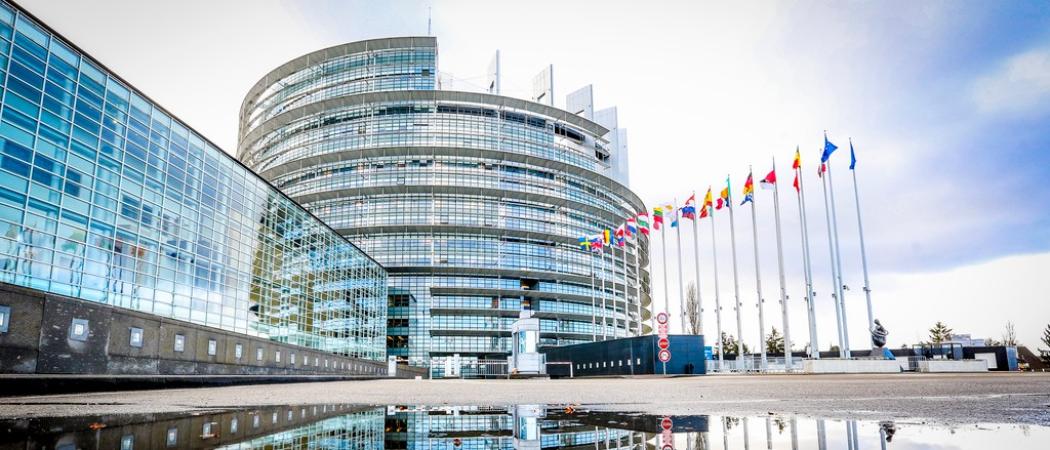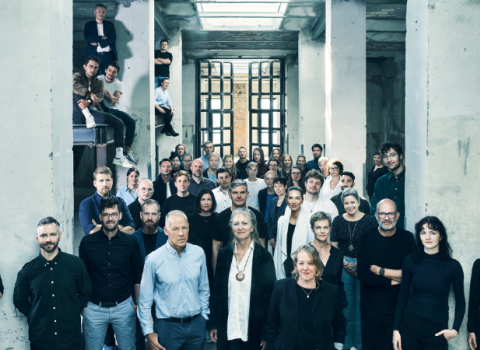With the budget agreed, here’s a breakdown of how much money goes to what type of research and innovation next year

The European Parliament voted through the EU's budget for 2023. Photo: European Parliament
The European Parliament on Wednesday voted through the EU budget for next year, including how €12.4 billion from the Horizon Europe research programme will be spent.
This year’s budget battle, like each year, was long and full of disagreements. Negotiators from the Parliament, Council of member states and the European Commission reached a deal just before the deadline for the negotiations at midnight on Tuesday last week.
The Parliament managed to defend Horizon Europe from €663 million in cuts proposed by the member states but failed to get much more money for the programme, though it did secure at extra €10 million for the research mobility programme Marie Skłodowska-Curie Actions.
Reversing the proposed cuts was a big win for the Parliament, but in future MEPs want to see a bigger share of EU money going to research. “Looking beyond our negotiating success, I would also like to see a budget that is more focused than fragmented, one that shows our ambition to make Europe a leader in research, development and innovation,” Johan Van Overtveldt, chair of the Parliament committee on budgets, said during the final vote on Wednesday.
The policymakers also fought over where unspent Horizon money from previous years should go. MEPs wanted the money back in the research budget; the member states did not, and they won. Last week, Christian Ehler, the Parliament’s industry, research and technology committee, ITRE, rapporteur for the budget, said the failure to return the money to the research funding pot “effectively represent[s] a cut.”
The final budget for next year is 1.1% bigger than in 2022 and similar in its shape and form. The European Research Council is getting the biggest share of the pie at €2.1 billion. The other four big chunks of funding, over €1 billion, will go to big collaborative projects in digital, climate and energy, and bioeconomy and food sectors, and to the start-up and innovation fund, the European Innovation Council.
After months of campaigning against the cuts proposed by member states, research lobbyists are thankful to the Parliament for defending the budget. “EARTO is glad of the results and would like to thank ITRE as well as the budget committee members for all their efforts throughout the past weeks to effectively secure Horizon Europe,” said Muriel Attané, secretary general of the European Association of Research and Technology Organisations.
The other programmes
The biggest winner in this year’s budget battle was the education mobility programme Erasmus+. Policymakers agreed on a €3.7 billion budget for the scheme, including a €120 million top-up. The extra money will enable support for Ukrainian academics and students fleeing the war.
Digital Europe, the EU’s fund for the digital transformation, will get €1.3 billion next year, only a few million less than the original proposal by the Commission. The Parliament managed to defend it from bigger cuts by member states.
The European Defence Fund, as proposed by the Commission, will have a €319.3 million budget for research.
The budget for the European Space Programme will be €2 billion next year, the same as this year.
The EU’s contribution to ITER, the international nuclear fusion research megaproject, took the biggest hit during the negotiations. The Commission had originally proposed a budget of around €1 billion, which the member states wanted to slash to €899 million. The final agreement is even lower at €839.8 million.
The nuclear fission and fusion research programme Euratom will have a budget of €276.5 million, no cuts, no top-ups.
Invest EU, which provides funding for companies, including financing for their research, innovation and development projects, also remains at the level proposed by the Commission with €340.7 million in 2023.





 A unique international forum for public research organisations and companies to connect their external engagement with strategic interests around their R&D system.
A unique international forum for public research organisations and companies to connect their external engagement with strategic interests around their R&D system.